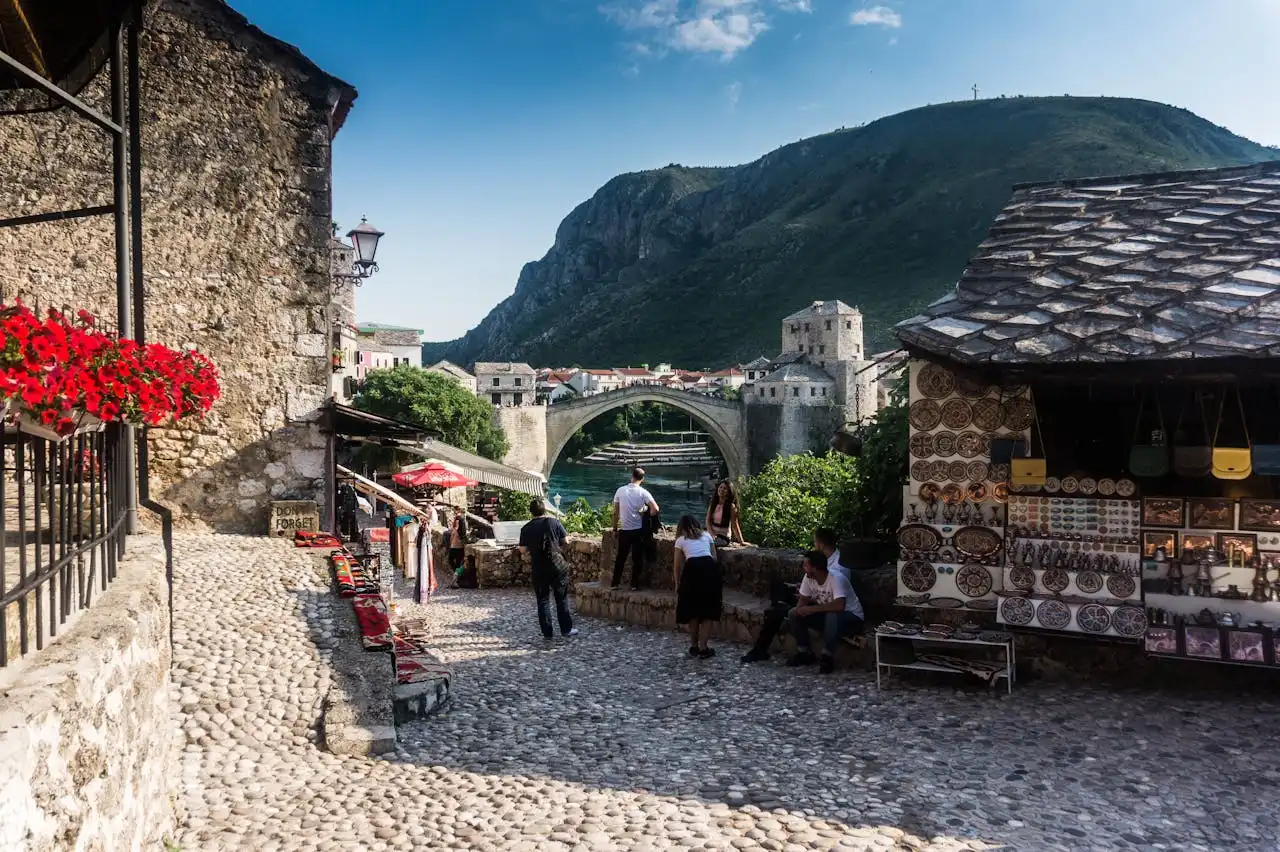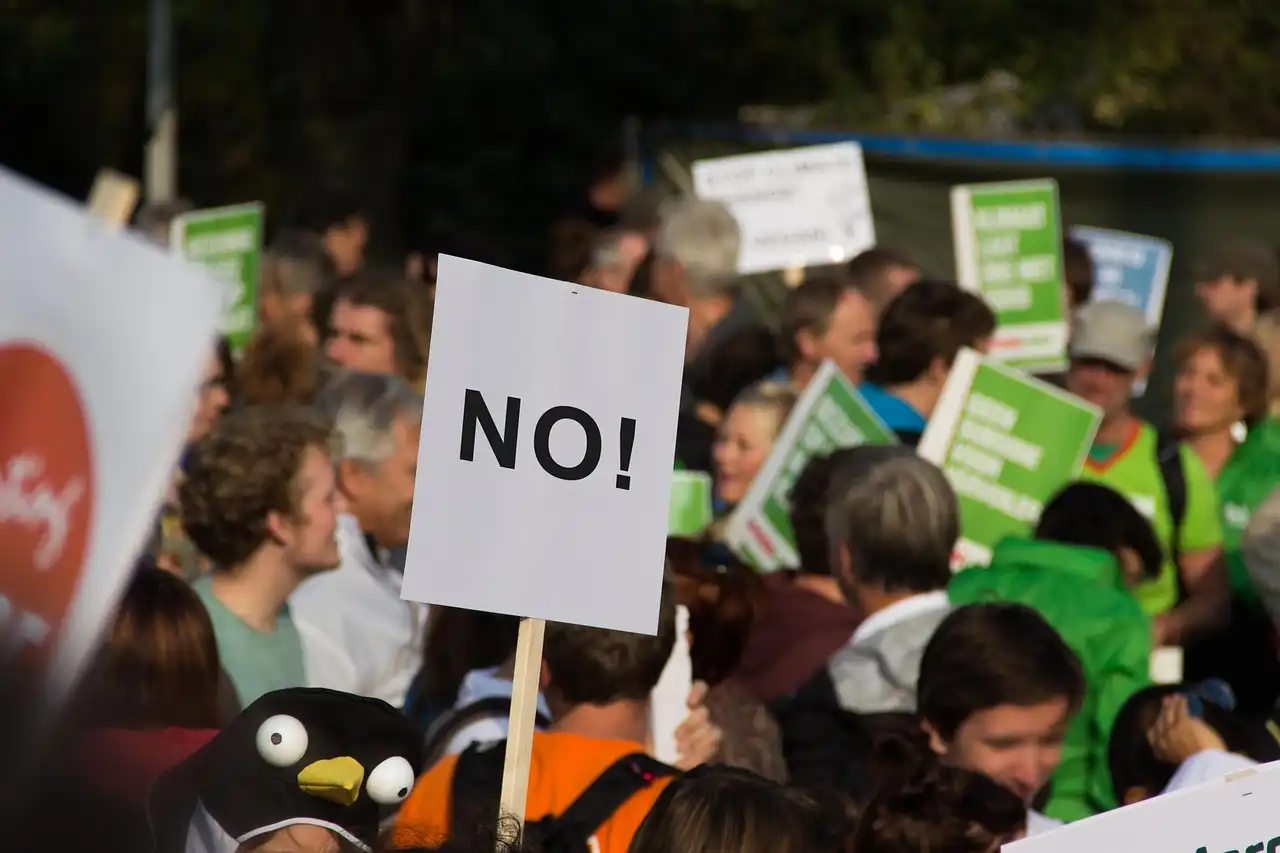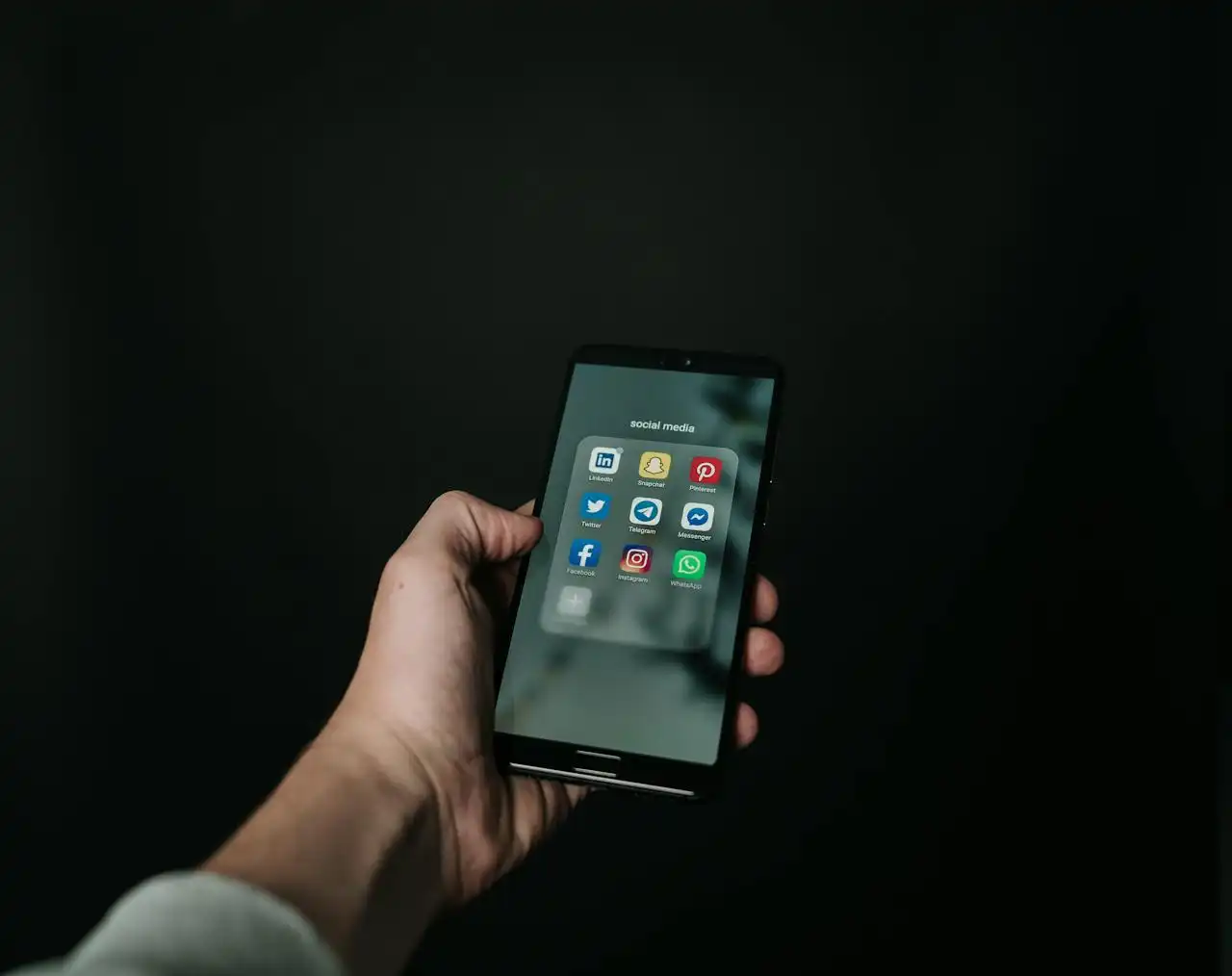Finding Balance: How Slow Living Helps Manage Stress and Burnout
Muhe - Thursday, 17 July 2025 | 02:30 PM (WIB)


The Fast Lane Trap: Why We're All So Tired
Let's be real, who hasn't felt the sting of burnout? It’s that soul-sucking exhaustion that goes beyond a good night's sleep, affecting your motivation, your mood, and even your physical health. We live in an era where busyness is often equated with success, where our worth is sometimes measured by the length of our to-do lists and the speed of our replies. Always on, always connected, always striving for the next big thing – it’s a recipe for disaster. The constant stimulation, the pressure to optimize every waking moment, and the pervasive fear of missing out (FOMO) create a mental landscape that’s anything but serene. Our brains simply weren't built for this relentless pace, and the consequences are piling up: anxiety disorders, chronic fatigue, sleep deprivation, and a general feeling of being utterly overwhelmed.Beyond the Hype: What Slow Living Really Means
Now, before you picture yourself abandoning your smart devices, moving to a remote cabin, and churning butter by hand (unless that's your jam, no judgment here!), let's clarify what slow living truly entails. It’s not about being idle or regressing to a simpler time. It's about being intentional. It's about quality over quantity, presence over productivity, and connection over consumption. The slow movement began with "Slow Food" in Italy, a protest against fast food, emphasizing local, traditional food, and the joy of a shared meal. But it quickly expanded to "Slow Travel," "Slow Fashion," and ultimately, "Slow Living" – a philosophy that encourages us to deliberately choose a more meaningful, balanced, and sustainable pace in every aspect of life. It’s about being mindful of how we spend our time, energy, and attention, rather than letting the world dictate it for us. It’s about taking a breath.Slowing Down to Speed Up: How It Helps Manage Stress
So, how does embracing a slower pace actually combat the beast of stress and burnout? It's not rocket science, but it requires a conscious shift.Reclaiming Your Time and Attention
One of the biggest gifts of slow living is the permission to truly be present. Instead of multitasking your way through life – scrolling Instagram while watching TV, emailing during dinner – slow living invites you to focus on one thing at a time. This simple act reduces cognitive load, allowing your brain to truly rest and process. Imagine savoring your morning coffee, truly tasting it, feeling the warmth of the mug, instead of guzzling it down while checking emails. These small, mindful moments stack up, creating pockets of calm throughout your day that act like mini-meditations.Setting Boundaries and Saying "No"
A core tenet of slow living is understanding your limits and having the courage to protect them. This often means learning to say "no." No to extra commitments that drain your energy, no to unnecessary social engagements, no to constant digital availability. It's about recognizing that your time and energy are finite, valuable resources. By setting firm boundaries, you create space for recovery, reflection, and the activities that truly nourish your soul, rather than constantly feeling like you're running on empty, trying to please everyone.Prioritizing What Truly Matters
Slow living encourages us to declutter our lives – not just our physical spaces, but our schedules and our minds. When you slow down, you gain clarity on what’s genuinely important to you. Is it spending quality time with loved ones? Pursuing a passion project? Getting enough sleep? Often, the things that truly bring us joy and fulfillment are simple, yet they get pushed aside in the rush. By intentionally paring down the superfluous, you free up mental and emotional bandwidth for what truly enriches your existence, reducing the mental gymnastics of juggling too many balls.Reconnecting with Yourself and Nature
When we're always rushing, we lose touch with our inner selves. Slow living provides the quiet space needed for introspection, self-care, and reconnecting with our own needs and desires. It also nudges us to step away from screens and engage with the natural world. A walk in the park, tending a small garden, or simply observing the clouds can be incredibly grounding. This connection to nature has well-documented benefits for mental health, reducing stress hormones and fostering a sense of peace and perspective.Embracing Simple Pleasures
Remember that feeling of childhood wonder? Slow living helps us rediscover it. It’s about finding joy in the everyday: the smell of fresh bread, the warmth of sunshine on your face, the laughter of a friend, the quiet satisfaction of finishing a good book. By slowing down, we train ourselves to notice and appreciate these seemingly small moments that often pass us by in our haste. This shift in perspective can be incredibly powerful in mitigating the constant craving for external validation or material possessions, which often fuels stress.Your First Steps Towards a Slower Pace
Ready to give it a whirl? You don't have to overhaul your entire life overnight. Start small. Designate one evening a week as a "digital detox" night. Cook a meal from scratch, slowly, enjoying the process. Take a walk without your phone. Practice mindful breathing for five minutes each morning. Pick one area – maybe your morning routine or your weekend plans – and intentionally inject a little more slowness and presence. Perhaps you choose to read a physical book instead of scrolling social media before bed. Or you might plan one weekend activity that involves no agenda, just being. It's about progress, not perfection.The Beautiful Payoff
The journey into slow living isn't a quick fix, but a continuous practice. Yet, the rewards are immense. You’ll likely find yourself with more energy, better sleep, and a clearer mind. The constant hum of anxiety might quiet down, replaced by a quiet contentment. You'll forge deeper connections with others because you're truly present. And perhaps most importantly, you’ll reclaim ownership of your life, moving from a reactive existence to one that is deliberate and purpose-filled. It’s about living a life that feels authentic, sustainable, and genuinely enjoyable, rather than one dictated by external pressures. And honestly, isn't that worth its weight in gold?
Your Weekend Won't Recharge Itself: A Guide to Crushing the Energy Reset
6 months ago

The Hidden Horrors of Tear Gas: More Than Just a Fleeting Sting
6 months ago

1312: The Meaning, Origin, and Social Context of the Notorious Number
6 months ago

The Digital Tightrope: How Social Media Puts a "Double Burden" on Today's Teens
6 months ago

Say Goodbye to Awkward Texts: WhatsApp Unveils Your New AI Writing Coach
6 months ago

The Secret Weapon of Penguins: Why Their Poop is More Impressive Than You Think
6 months ago

NVIDIA Crushes New Record, Yet Market Concerns Still Exist Over "AI Bubble"
6 months ago

Your Cosmic DNA? Unpacking How Zodiac Signs Shape Who We Are
6 months ago

The Siren Song of Easy Money: Why We Can't Resist
6 months ago

Unplug and Recharge: Your Guide to Escaping the Gadget Grip
6 months ago
